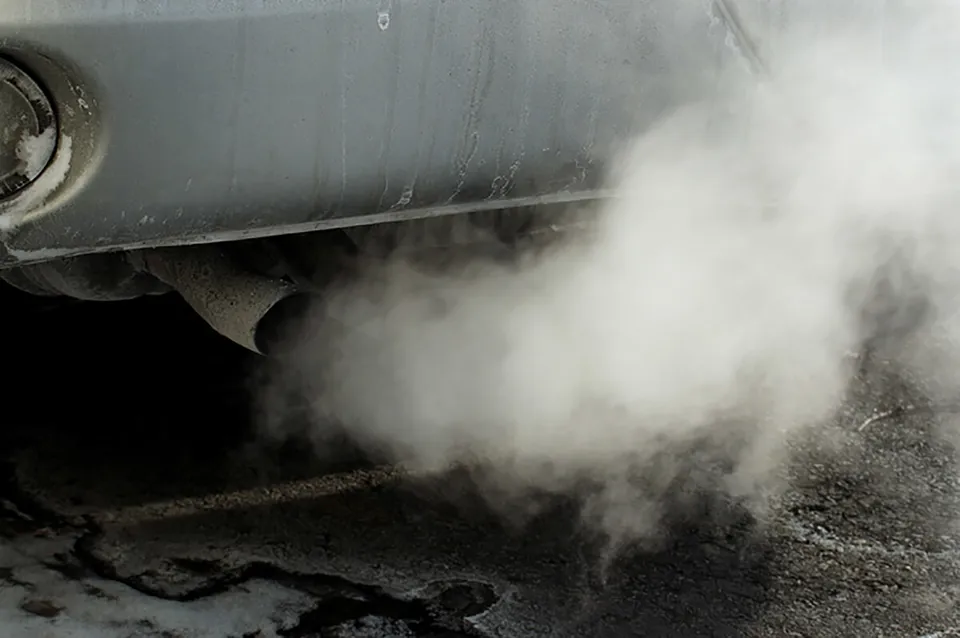With road transport squarely in the spotlight as a key to tackling both air quality and climate challenges, the Low Carbon Vehicle Partnership is launching a new multi-faceted work programme which aims to speed the transformation to cleaner vehicles and fuels.
It announced its action plans for the next two years at its annual conference at London’s City Hall yesterday (June 27).
The Conference – Cities in Motion: Tackling the Climate and Pollution Challenge – attracted more than 200 delegates who heard from stakeholders with diverse views, including representatives of the London Mayoralty, Client Earth, Department for Transport, Ford, John Lewis, UPS, Shell, Nottingham City Council and the City of Oslo.
LowCVP’s managing director Andy Eastlake said: “Cities of the future need clear and effective policies to drive a rapid move to the most efficient mobility solutions possible while providing a range of options for every user.
“The urgent challenge of tackling air pollution has created a new dynamic in our attempts to deal with the longer-term threat of climate change. We need to ramp-up efforts to develop effective technologies that meet both challenges as well as implementing the right mix of policies to speed their introduction to the market.
“Through its unique stakeholder partnership approach, the LowCVP gets involved in the detailed ‘nitty-gritty’ of policy, working to turn the politicians’ rhetoric into reality.”
The LowCVP and its members have identified key ambitions and actions for the next two years:
- Transforming the bus market – every new bus to meet the Low Emission Bus standard
- Policy and information for low emission cars – ULEV sales to exceed 5% of total market
- Making low emission commercial vehicles the obvious choice – at least 5% of new commercial vehicle to be ULEVs
- Low carbon fuels and infrastructure fit for the future – Delivery of the Renewable Energy Directive with maximum greenhouse gas reduction
- New vehicles innovation for a new mobility future – Creation of a vibrant UK supply chain and ULEV ‘L-Category’ (micro vehicles) market
Sadiq Khan, the Mayor of London, said: “Cities are at the forefront of tackling pollution and climate change which is why, in London, I'm doing everything from upgrading the capital’s buses to the cleanest fleets, to delivering new charges for the most polluting vehicles and ensuring new taxis will be zero-emission capable from 2018.
“Over the coming years I want to see the capital moving towards a zero-emission future, with only the greenest vehicles and more focus on walking and cycling. By working in partnership will we be able to unlock new greener vehicle economic opportunities for London and help tackle our filthy air once and for all."
Transport Minister Jesse Norman said: “We are determined to improve air quality in towns and cities and have committed more than £2 billion since 2011 to encourage greener transport initiatives.
“We are already making headway towards requiring almost all cars and vans to emit zero emissions by 2050, as well as providing grants for innovative advanced biofuels projects.
“The number of ultra-low emission vehicles on our roads is now at record levels, and we continue to invest in infrastructure for cleaner buses and taxis, and electric car charging.”
Over the next year the LowCVP will work, in particular, on the hard-to-tackle freight sector as well as introducing a new focus on taxis and private hire vehicles, and coaches.
Building on the experience of its very successful bus group, the LowCVP will support the creation of the new market for ultra-low emission commercial vehicles, taking this from just a handful of electric vans into a real opportunity for low carbon freight and delivery across this vital segment of the UK transport sector.
The growth in uptake of electric vehicles creates challenges for the electricity supply system, particularly in densely populated cities. The LowCVP is leading a new group which brings together key stakeholders from the energy supply, distribution and storage industries, motor industry, equipment suppliers and others to map out a path to higher EV usage that is integrated with an EV-ready smart-grid and which is not constrained by bottle-necks in power supply.
The transition to the new emissions test cycles for cars (WLTP and RDE) present further challenges in terms of stakeholder understanding as well as in terms of the interaction of the new figures with policy mechanisms designed to encourage the uptake of cleaner, low carbon vehicles.
The LowCVP is at the centre of developing the next generation of consumer information to bring clarity to complex new data.
The Partnership is working with government to set the trajectory of transition for tax and other central policy instruments and will also work with stakeholders to ensure the transition to the new test cycles is as smooth as possible.
At the heart of the LowCVP’s philosophy is innovation; in policy, collaboration, information, assessment, as well as in technology. An innovative vehicle market, as yet largely unexploited in the UK, exists in the ‘L-Category’ sector.
LowCVP will publish its collaborative study showing the opportunity’s in this area, aiming to create a sustainable market and UK opportunity for ultra-low emission micro vehicles.
In 2017-18 the Partnership will engage nearly 200 member organisations and stakeholders in these, and a series of other, initiatives to drive forward progress in cutting carbon and reducing polluting emissions from road transport.
Eastlake said: “Partnership is at the core of LowCVP’s work. Since its inception around 15 years ago, good progress through partnership has been made in tackling emissions from some, more obvious, segments of the road transport ‘market’ including buses and cars. This year will see some of the focus move more strongly to other segments where progress has generally been slower but which must begin to contribute more if our 2050 target for nearly full decarbonisation is to be met.”

















Login to comment
Comments
No comments have been made yet.